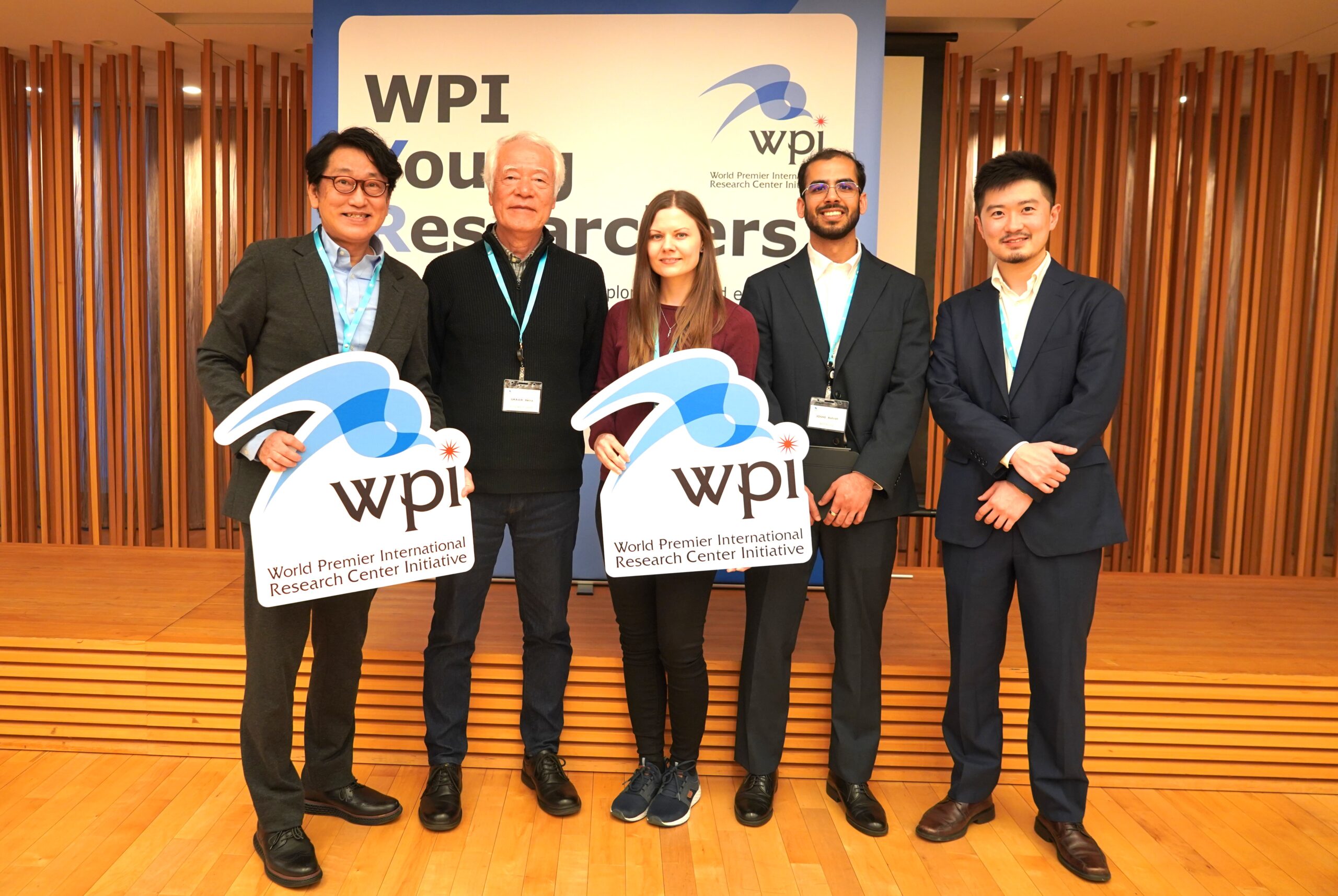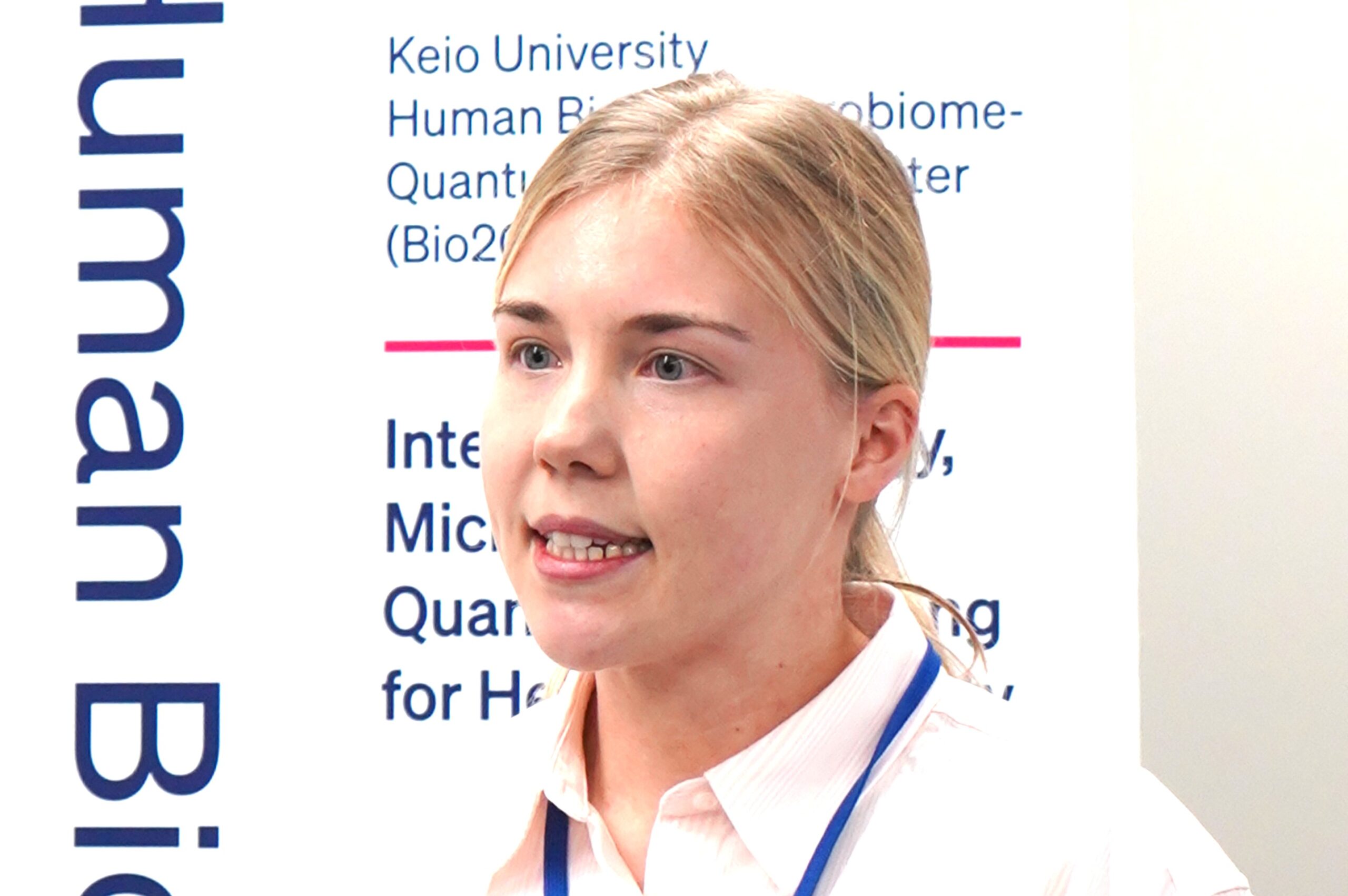ANNOUNCEMENT
New Member – Dr. Nadinath Nillegoda
February 14, 2025

Dr. Nillegoda
Credits: WPI-Bio2Q
Introducing new member of Bio2Q
We are delighted to welcome Dr. Nadinath Nillegoda as a PI at Bio-1 Core of Bio2Q.
The greeting from Dr. Nillegoda is as follows.
“I am thrilled to join Bio2Q and contribute to its groundbreaking research efforts. I earned my BA in Zoology from Ohio Wesleyan University and my Ph.D. in Biomedical Sciences from New York University and the Icahn School of Medicine at Mount Sinai, USA. I conducted my postdoctoral research at Heidelberg University in Germany as a recipient of the prestigious Alexander von Humboldt Fellowship. I have held several academic appointments at the German Cancer Research Center, Monash University, and National Health and Medical Research Council (NHMRC), Australia.
My overarching research focuses on protein quality control pathways that help maintain cellular proteostasis (protein homeostasis) and promote cell repair after protein damage. I am a pioneer in the emerging field of primate proteostasis, being the first to investigate how primate-specific adaptations in the proteostasis network influence cell repair and deepen our understanding of human diseases related to protein aggregation and aging. In close collaboration with world-renowned scientists at Bio2Q, I will lead research into intestinal microbiota-epithelial crosstalk through the lens of proteostasis (from both the host and microbial sides), aiming to uncover novel primate-specific mechanisms and pathways that protect our gut barrier integrity after proteotoxic damage caused by dysbiosis. Proteotoxic stress in the intestinal epithelial tissue, often triggered by metabolites released during microbial imbalances, can lead to massive oxidative damage to proteins, resulting in the formation of toxic aggregates. These toxic aggregates can disrupt cell function, often leading to cell death, which could further impair gut barrier function and exacerbates inflammatory diseases such as inflammatory bowel disease (IBD), colitis, and metabolic disorders. Our work has the exciting potential to drive advancements in treating gut-related diseases and improve gut health. Additionally, our research extends to other protein conformational diseases, including neurodegenerative disease, as well as stem cells and transplantation biology.
I warmly invite anyone interested in my research to join me for a cup of tea or coffee and an engaging conversation in my office. My team is actively seeking a talented postdoctoral researcher, a laboratory technician with expertise in cell culture and mouse modeling, and enthusiastic graduate students to join us on this exciting scientific journey. This is a fantastic opportunity to contribute to the groundbreaking and rapidly evolving field of primate proteostasis!”
More Bio2Q News
New Member - Dr. Leonard Dubois
Introducing new member of Bio2Q We are excited to welcome Dr. Leonard Dubois as a Postdoctoral Fellow at Bio-1 Core of Bio2Q. "Hello, I ...
【Event Report】WPI Young Researchers Forum
Keio University Human Biology-Microbiome-Quantum Research Center (WPI-Bio2Q) participated in the WPI Young Researchers Forum. WPI Young R...
Engaging Discussion on Cutting-Edge Research with Dr. Magdalena Skipper, Editor-...
On February 20, Dr. Magdalena Skipper, Editor-in-Chief of the prestigious scientific journal Nature, visited CRIK Shinanomachi together wit...
New Member - Dr. Jung Hyun Im
Introducing new member of Bio2Q We are excited to welcome Dr. Jung Hyun Im as a Postdoctoral Fellow at Bio-1 Core of Bio2Q. "Hello, ever...
【Seminar Report】WPI-Bio2Q Open Seminar: Carys Williams, PhD
Keio University Human Biology-Microbiome-Quantum Research Center (WPI-Bio2Q) held a seminar as follows. 16:00 -17:00, February 26, 2026 ...












